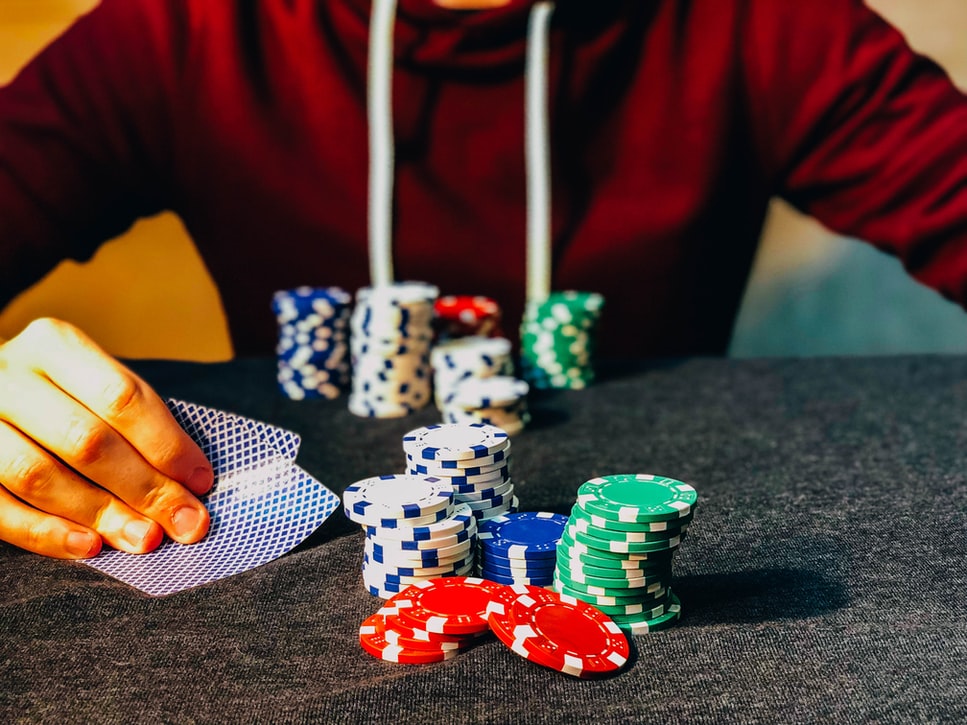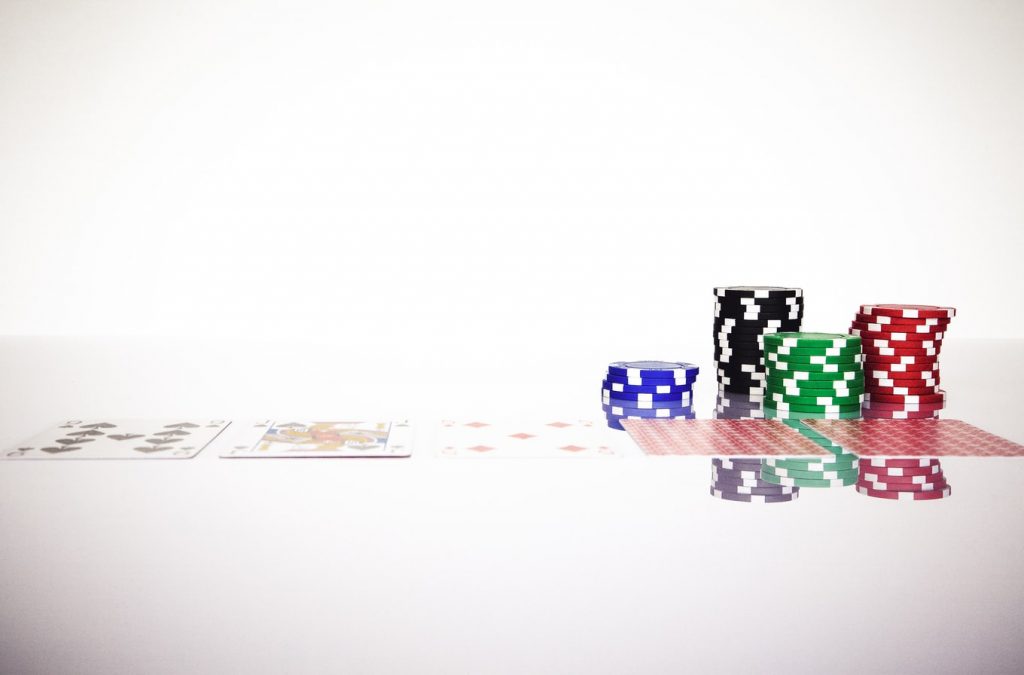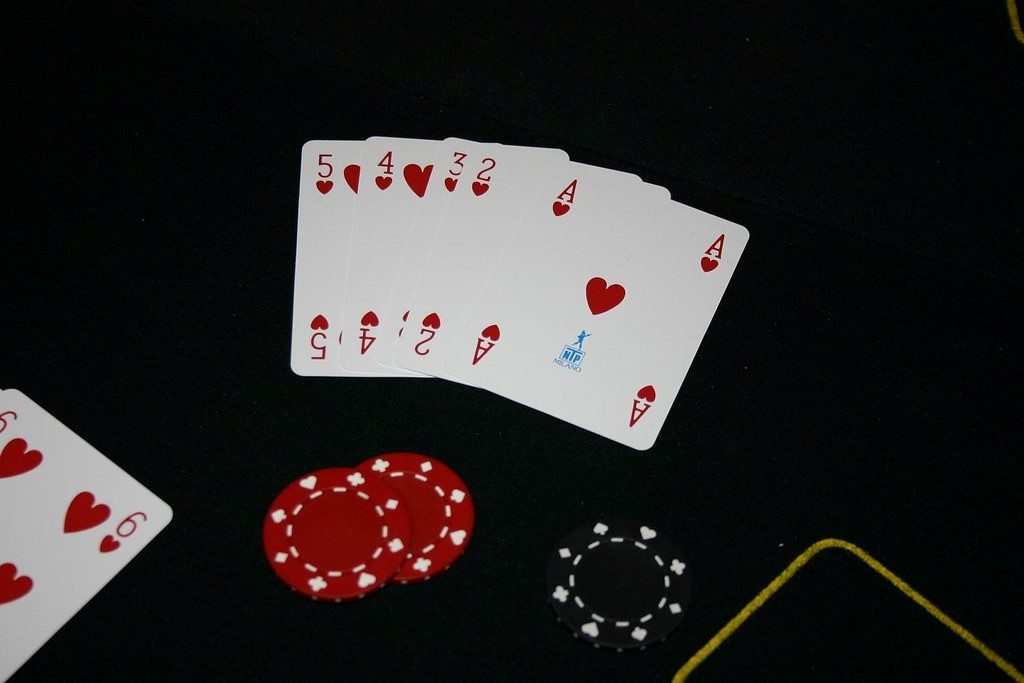
Poker is a beautiful game, the strategies can be complex, and once you’ve got the rules sorted, you also need to learn how to use body language to your advantage. Rarely is a great poker player made without the ability to bluff. One thing is for sure, despite clarity about the rules and professional players’ ability to remain cool under the most knee-trembling of circumstances, there is an occasional mixup. Below you’ll learn about some of the most controversial poker hands of all time.
Justin Schwartz at the 2016 World Series of Poker
Although the rules of poker are relatively simple and followed closely by most players, there are some unwritten rules that basically come down to etiquette. Schwartz definitely showed disregard for them in this hand, which ended up sparking a hot debate. It’s common knowledge that you shouldn’t talk about a hand if you’re not in it. However at the 2016 World Series of Poker main event Justin Schwartz really riled up the rest of his poker table by doing just that. After folding his hand, he commented on the play between the remaining Daniel Negreanu and Federico Butteroni. Eventually, Max Steinberg decided he’d had enough and pulled Schwartz up on it (presumably much to the delight of his fellow players!)
This One is Just Bizarre

This video made the rounds as possibly the most ridiculous hand ever played, and to be honest, we’re inclined to agree with this diagnosis. Thinking that all of the other players had folded, Vicente shows his cards, not realizing that Alfredo could still call.
It turns out that both of the players have a solid hand. The only thing is, Vicente is now playing with all of his cards on show. As the hand progresses, both positions of the players strengthen and Vicente tries to goad Alfredo into folding. The strategy doesn’t work, but miraculously he manages to beat Alfredo’s hand purely on the luck of the deal. Eventually, despite showing his hand it looks like Alfredo wins it. It’s a bizarre twist of fate and surely down to player fatigue. A hand like this is the kind of thing you don’t expect to see more than once in a lifetime.
Estelle Denis at the 2009 World Series of Poker
Even the best players in the world get it wrong sometimes, and at the 2009 WSOP, Estelle Denis was about to find out how wrong can one go. While the dealer should, of course, remain vigilant when scooping up the cards, it is technically up to the player to look after their cards, or disastrous hands like this one can happen.
First of all, JC Tran put out a bet of $32,000, and when it came time for Denis, she put in her remaining 142,000 chips. The next part is almost inexplicable, but the dealer swipes Denis’ cards right into the muck. Denis immediately notifies the dealer who asks if she protected her cards, to which she explains that she was all in. The floor person was asked to pull Denis’ cards from the top of the pile, and if she described the hand that she’d said, then she’d be allowed to continue to play. Denis claims she had two aces, but the cards the floor person pulled didn’t match. Denis was ordered to forfeit the $32,000 as JC Tran had bet and her hand was proclaimed dead. Denis was understandably mortified, but despite this blunder, she still went home with $36,626 in her pocket, which isn’t to be sniffed at!



